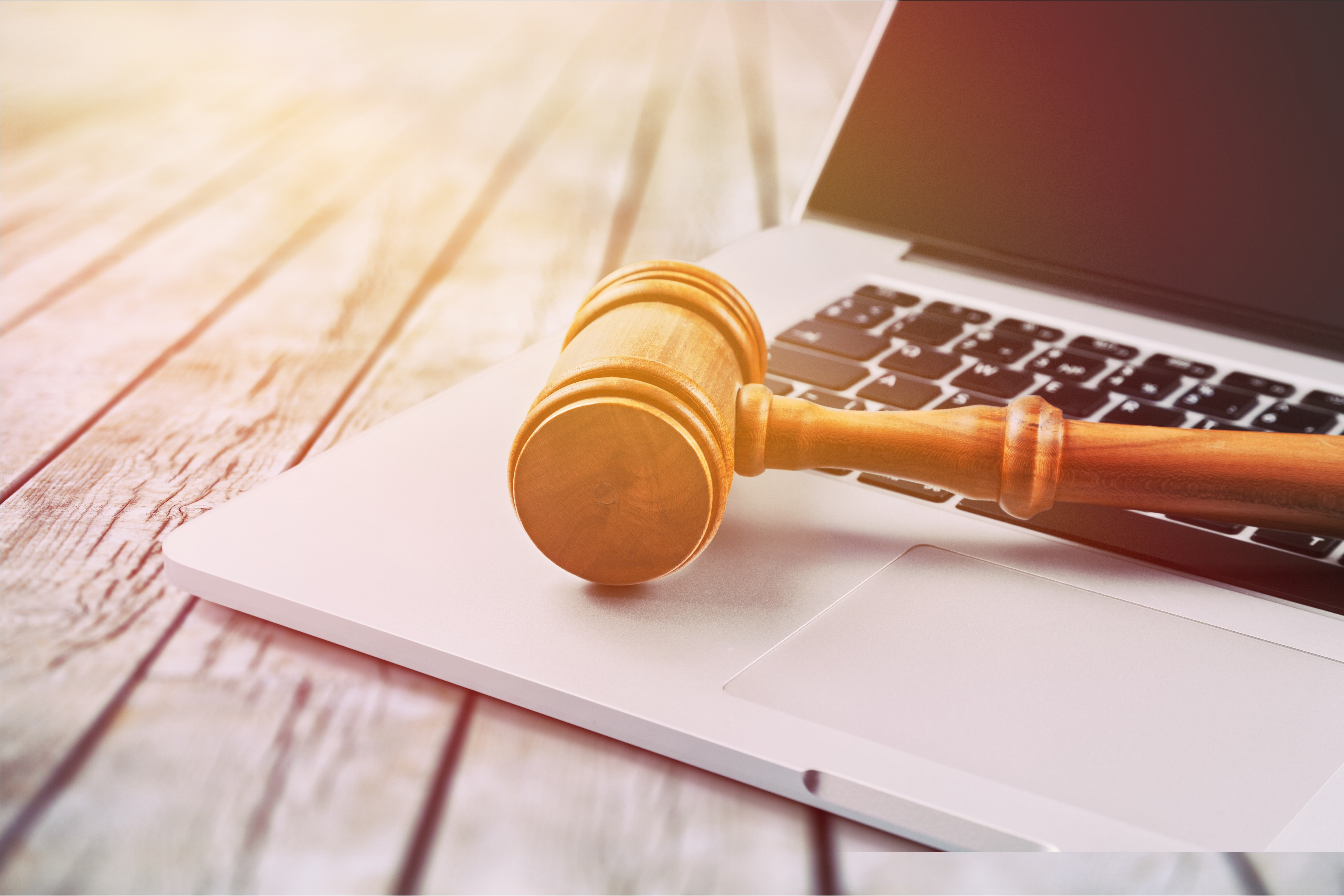Legal Technology Definition
Legal technology is a broad term which describes a wide range of software and services which support law firms and legal teams. This could include practice management software, billing/time tracking software, ediscovery software, document management software, or even physical hardware such as a scanner.
Although the legal industry tends to adjust slowly to new technology trends, lawtech companies are leading the charge towards innovation within law firms. For example, many law firms still keep large amounts physical documents around as opposed to electronic versions which can be managed and organized more efficiently using software.
The DIY Revolution
Many law tech companies are pushing for DIY (do-it-yourself) solutions. Traditionally, many law firms have outsourced their technology needs to third party service providers or consultants. The enormous price tag associated with these services is often inaccessible to small/medium sized litigation or to clients who are price sensitive. Law firms that invest in their in-house team can take advantage of growing technologies by training staff to conduct these services themselves. Many law tec companies offer some hybrid of software, training and services which allow law firms to get “over the hump” in moving towards efficient and established lawtech practices while ensuring they have experts to turn to when technical issues arise. By learning to do it yourself, or training your in-house staff to understand law technology workflows, your firm will create huge cost savings which you can pass on to the client.
ABA model rule 1.1 [comment 8] proscribes a mandatory duty of technological competence.
“To maintain the requisite knowledge and skill, a lawyer should keep abreast of changes in the law and its practice, including the benefits and risks associated with relevant technology.”
This duty of technological competence is paramount in federal courts but has also been picked up by 38 states. In most courts, lawyers are expected to be technologically proficient. With legal software becoming accessible and affordable, arguments regarding proportionality must adapt and acknowledge the growing software capabilities of the modern era. For example: while it may have been unduly burdensome to review 100,000 paper documents 10 years ago, this should be a much simpler task today with the right technology to cull electronic documents.
Compare LawTech Vendors
Technology in the legal industry can be researched and compared using software directory websites like Capterra and G2. This will provide an opportunity to compare products 1:1 which may include discussions of pricing, features, training benefits and other services. Digital WarRoom, for example offers a 1 hour software demo via Zoom screenshare as a way to discuss specific requirements, demonstrate the tool and review pricing options. Legal tech workflows can change dramatically across tools, so these demos provide a way to gage the functionality and ease of use – depending on what you are looking for. Also keep an eye out for pricing pages. As a rule of thumb experts recommend placing more trust in vendors who post their pricing publicly on their website. These technology decisions are ultimately up to you and your team and can vary greatly depending on your needs.
If you found this article interesting, be sure to subscribe you and your team to our monthly blog distribution email. This email list is solely for blog distribution purposes and we promise to only send one email per month. To subscribe, simply scroll down and fill out the "Subscribe" form below the comment box.
-1.png?width=400&height=164&name=DWRLogoClassic%20-%20Copy%20(2)-1.png)









Comment On This Article